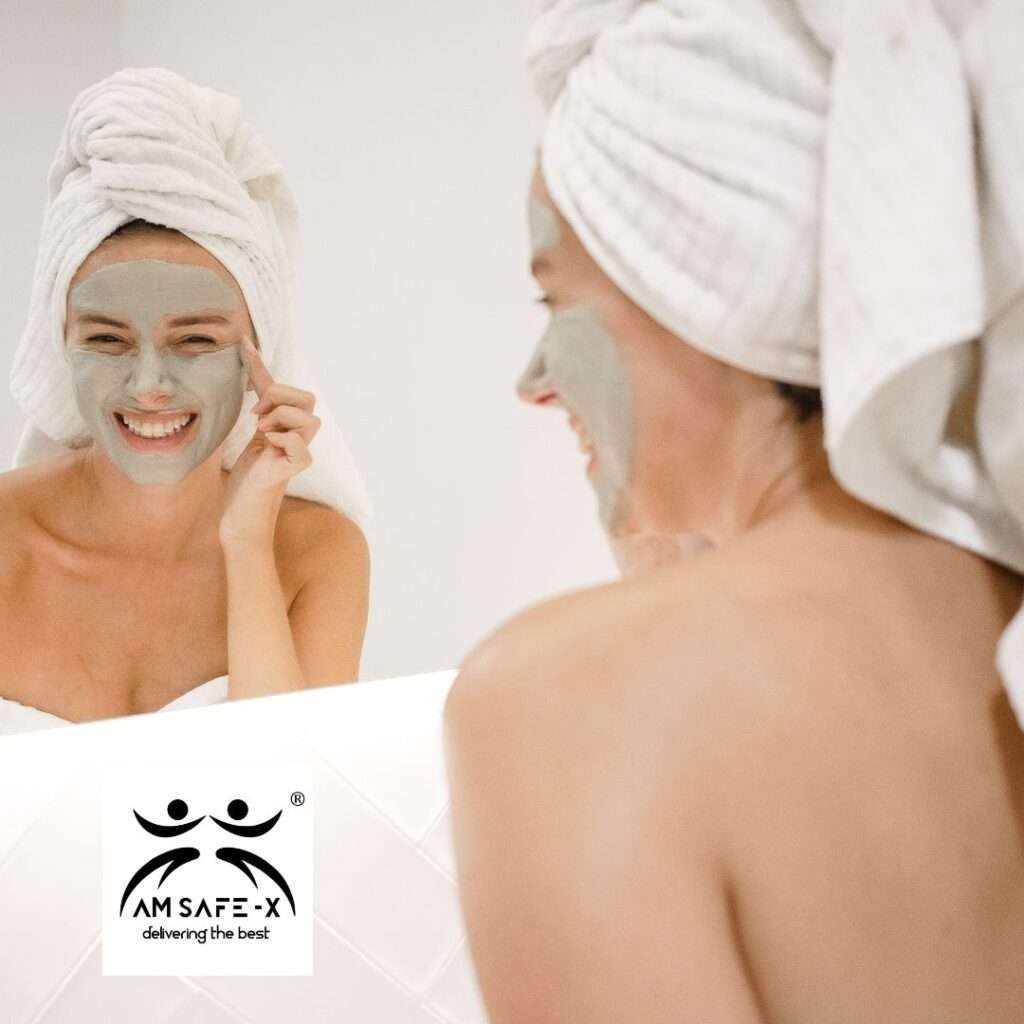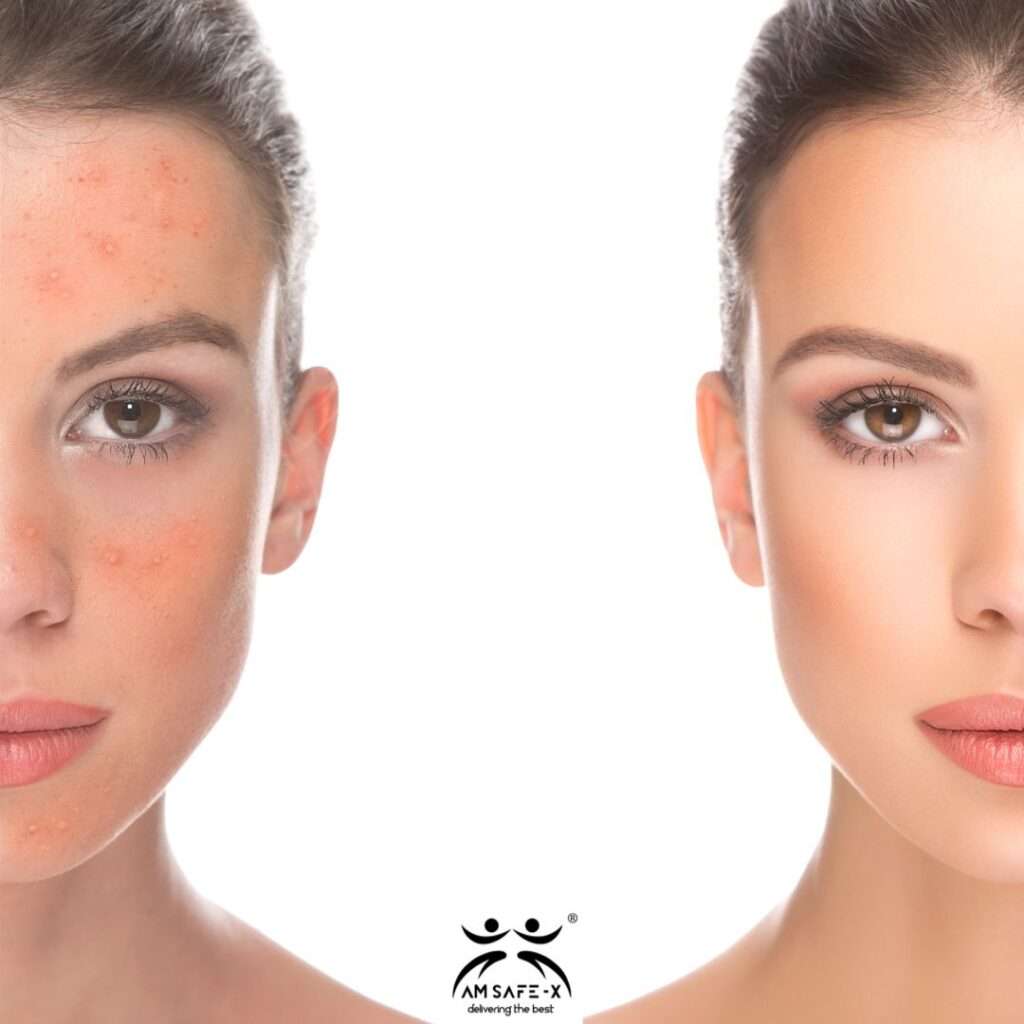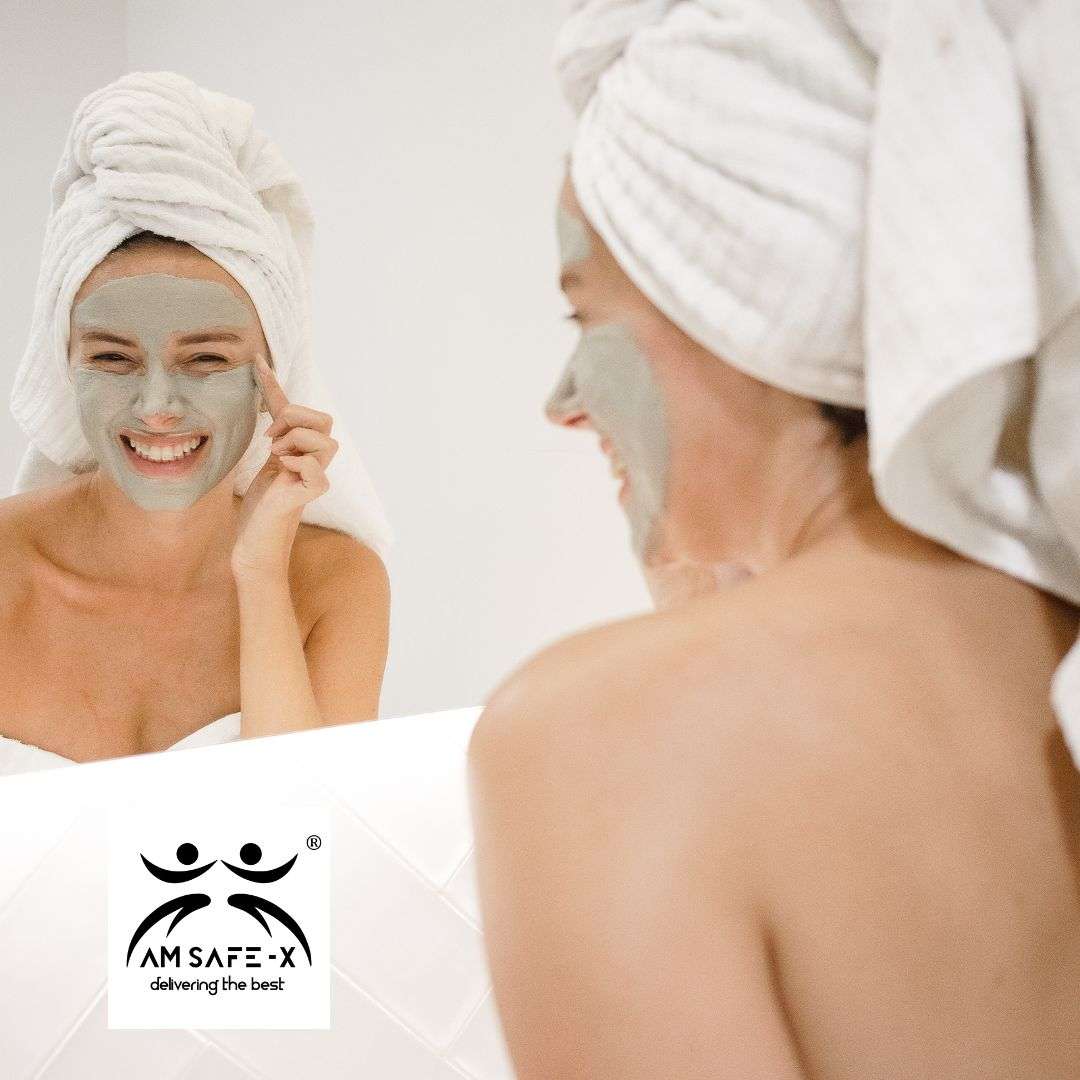German and Roman spas have been using clay packs and treatments in the spas they built 4,000 years ago.
Clay for skin. Many of these spas still exist and use clay even today. Plane the Elder devoted an entire chapter of his natural history to the many uses of clay for pimples, blackheads and skin tightening. Today, modern spas have taken this ancient treatment and adapted it to fit the needs of their clients, while maintaining the health benefits to improve skin elasticity, tighten pores and help clear up acne and inflammation.

Ancient Romans used masks made of crushed volcanic ash
The use of clay goes back thousands of years to when the first spas were built in Germany and Rome. These spas used clay packs and treatments to help their clients relax and feel better. Today, many of these spas still exist and use clay in their treatments. The ancient Romans also used masks made of crushed volcanic ash to help improve their complexion. This natural material is still used today in many beauty products.
The Dead Sea is mineral rich
The high concentration of salt and minerals makes the water incredibly dense, so you can float without even trying. The water is also said to have therapeutic properties, which is why people have been coming here for centuries to ease their aches and pains.
The Germans were the first to use Clay for skin sheet masks

Sheet masks are a cornerstone of the Korean beauty routine, but did you know that the Germans were the first to use them? In fact, sheet masks were invented by Dr. Ernst Kligman in the 1950s as a way to treat skin conditions like acne. Today, sheet masks are used for everything from hydrating dry skin to reducing fine lines and wrinkles. If you’re looking for a quick and easy way to pamper your skin, try a sheet mask!
20th century beauty pioneers popularized Clay for skin.
In the early 20th century, clay once again became a popular beauty treatment, thanks to pioneers like Helena Rubinstein and Elizabeth Arden. These women used clay in their facial treatments and products, which helped to make it a staple in the beauty industry. Today, you can find clay in face masks, body wraps, soaps and more. And there’s a good reason why this natural ingredient is still so popular after all these years: it works!
Clay’s antimicrobial properties fight acne and prevent infection
Acne is caused by bacteria that gets trapped in pores, so it makes sense that clay can help fight it. The minerals in clay also have anti-inflammatory properties, which can help reduce redness and swelling. And since clay is absorbent, it can help draw out excess oil and impurities from the skin. All of these benefits make clay an ideal ingredient for acne treatments.
Clay for skin can improve your pores
When applied to the skin, clay can help to slough off dead skin cells and improve the appearance of your pores. It can also help to absorb excess oil, which can minimize the appearance of blackheads and pimples. Plus, clay is naturally astringent, so it can help to tighten pores and give your skin a more youthful appearance.
Clay for skin instantly tightens skin on contact
When you apply a clay mask or pack to your skin, the clay particles work to physically tighten the skin. This effect is due to the negatively charged ions in the clay, which are attracted to the positively charged ions in your skin. The clay particles essentially work like tiny magnets, pulling and toning the skin.
The FDA approved safety of clay for skin
Clays have been used for centuries in beauty treatments and were even mentioned in the bible. The most common type of clay is bentonite, which is made from volcanic ash. Clays are able to absorb excess oil and impurities from the skin, making them ideal for people with oily or acne-prone skin. Clays are also effective at reducing inflammation and can be used to treat conditions like eczema.
Buy clay mask
click here :-https://amzn.to/3Q4dZCD

